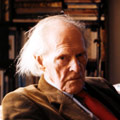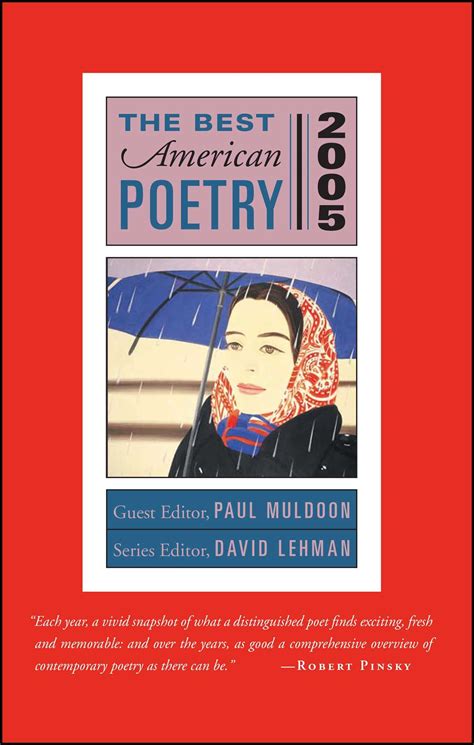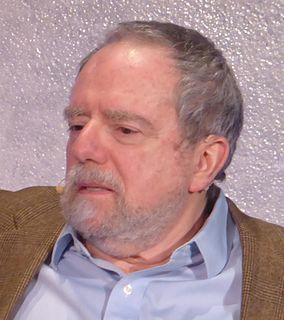A Quote by R. S. Thomas
Related Quotes
I was influenced by the Beats because I actually just began to commit adolescence around 1955, when "Howl" and Rebel Without a Cause and a lot of other new things were popping up. (Again I'm trying to give you a finite version of this career.) And then I came under the sway of Wallace Stevens when I was in college and graduate school, and basically set as a life goal the ambition of writing third-rate Wallace Stevens. I thought I would be completely content if I was recognized at some later point in my life as a third-rate Wallace Stevens.
Wallace Stevens had more time to write as an insurance agent. He was a bond lawyer and I know that insurance company lawyers don't have to do nearly as much as we had to do. We were out more in the production area. I'm not condemning Stevens for having had a better job than I did, but that's one of the many places where I differ from him.
I started moving away from poets like Wallace Stevens and Hart Crane and started reading poets like, again, Karl Shapiro, Howard Nemerov, Philip Larkin, and the British poets who were imported through that important anthology put together by Alvarez - and those would include Thom Gunn and Ted Hughes. And I think these poets gave me assurance that there were other ways to write besides the rather involuted style of high modernism whose high priests were Pound, Eliot and Stevens, and Crane perhaps.
When we turn the Bible into an adjective and stick it in front of another loaded word, we tend to ignore or downplay the parts of the Bible that don’t quite fit our preferences and presuppositions. In an attempt to simplify, we force the Bible’s cacophony of voices into a single tone and turn a complicated, beautiful, and diverse holy text into a list of bullet points we can put in a manifesto or creed. More often than not, we end up more committed to what we want the Bible to say than what it actually says.





































